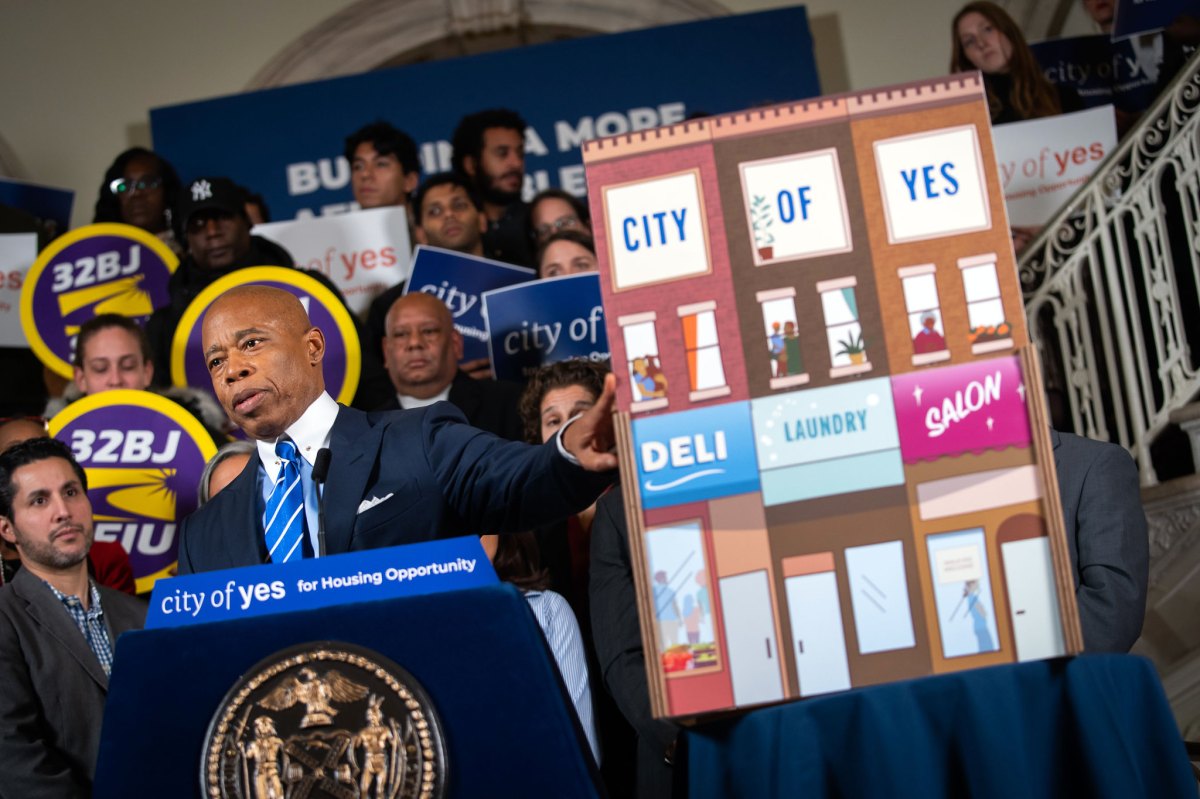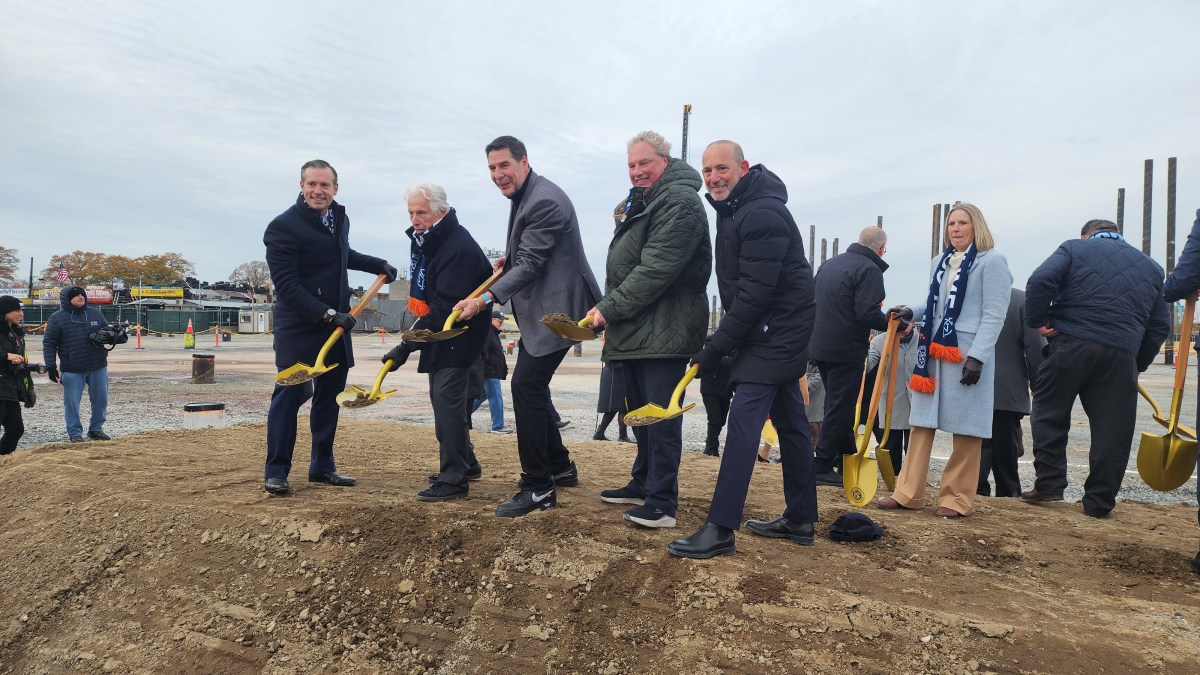Just a few days into her workforce training program, Laura Boston could already tell she was in the right place.
Boston, 43, a resident of the city’s housing authority for many years, was learning how to repair homes as part of a free, six-week course, the result of a partnership between NYCHA and the nonprofit Rebuilding Together NYC.
The program — which focuses on recruiting housing authority residents from superstorm Sandy-damaged areas like Coney Island and Staten Island — offers Occupational Safety and Health Administration certification, as well as in flagging and scaffolding. Following three weeks of classroom lessons, the students get on-the-job experience providing free home repairs to low income New Yorkers.
Upon completion of the program, participants get a $1,000 stipend.
“I think it’s absolutely great, it’s very rewarding,” said Boston. “You have people, especially elderly people, they don’t have the means financially to be able to get their homes repaired. To be able to help someone live better . . . is always a blessing to me.”
Boston, who lived in Coney Island during superstorm Sandy and recently moved to the Lower East Side, already held her OSHA certification but couldn’t find a job. She’s been working in hospitals, doing maintenance, stripping and waxing.
“It’s hard when you’re a female. I went to a lot of different work sites, I didn’t get a lot of help and I didn’t get a lot of direction,” she said, adding about being able to give back: “I’ve had relatives that didn’t have this kind of support when they had homes, and lost their homes because they couldn’t keep them up. This is great.”
The programs, which launched in 2015 and are run out of Rebuilding Together NYC’s Gowanus training facility, start every three-to-four weeks and cost about $65,000. Each class is about 10 to 12 people.
Before NYCHA’s involvement, Rebuilding Together NYC was able to graduate about 60 people a year. That number is expected to double.
“It really is making a difference and helping people get themselves out of the cycle of poverty,” said Kimberly George, the executive director of Rebuilding Together NYC. “It will reverberate into future generations.”
George said construction is an industry with a lot of potential for upward mobility, and that participants have seen the program “as a way to change their lives and start careers.”
Funding from the housing authority was part of a $1.4 million U.S. Housing and Urban Development grant to pay for pre-apprenticeship training for residents impacted by Sandy.
“NYCHA is proud to partner with Rebuilding Together NYC to provide life changing opportunities for NYCHA residents impacted by the effects of Superstorm Sandy,” Joy Sinderbrand, NYCHA’s vice president for recovery and resilience, said in a statement. “This training program will not only help residents gain access to good and high paying construction jobs but also will allow them to directly participate in the efforts to rebuild the communities they live in.”



































